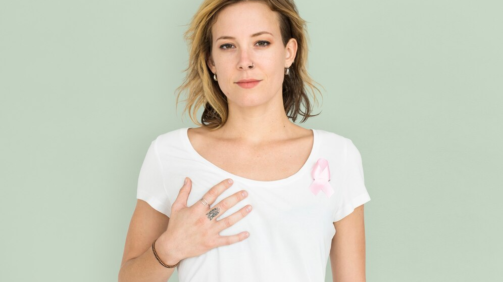Breast cancer is a critical health issue that affects millions of women worldwide. Understanding how to identify symptoms early and take necessary precautions can save lives. This blog aims to shed light on what every woman should know about breast cance ...

